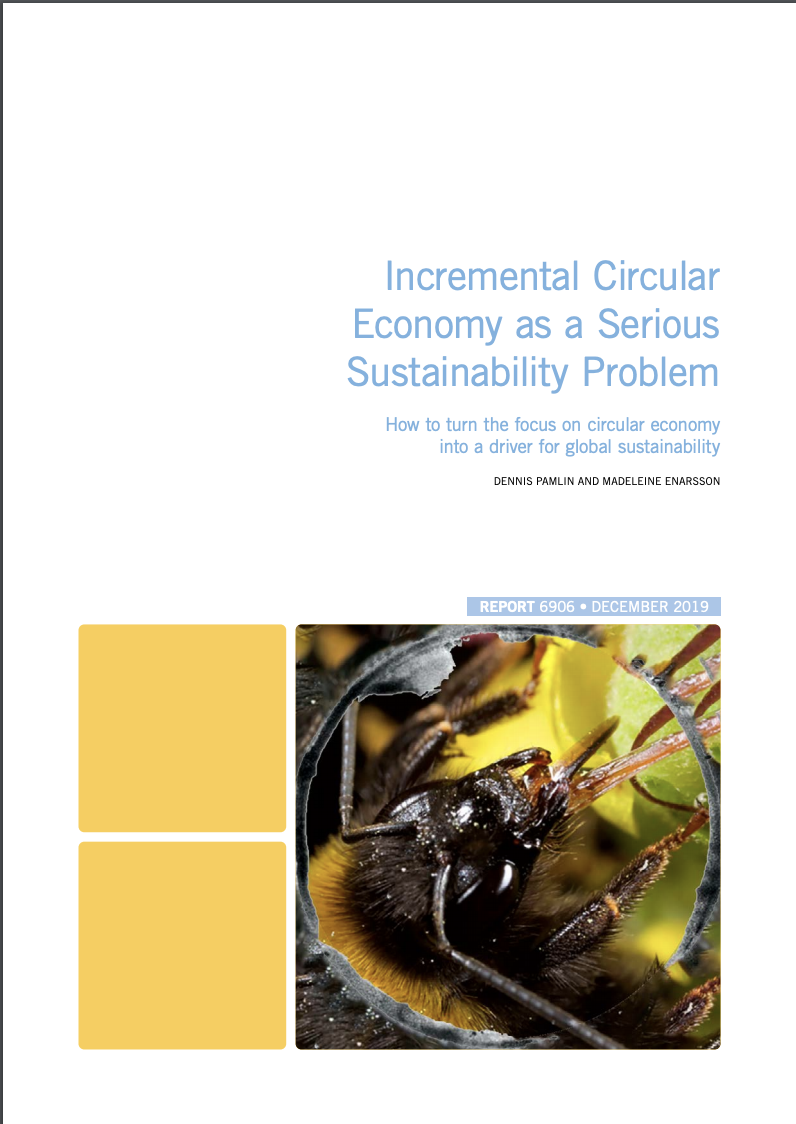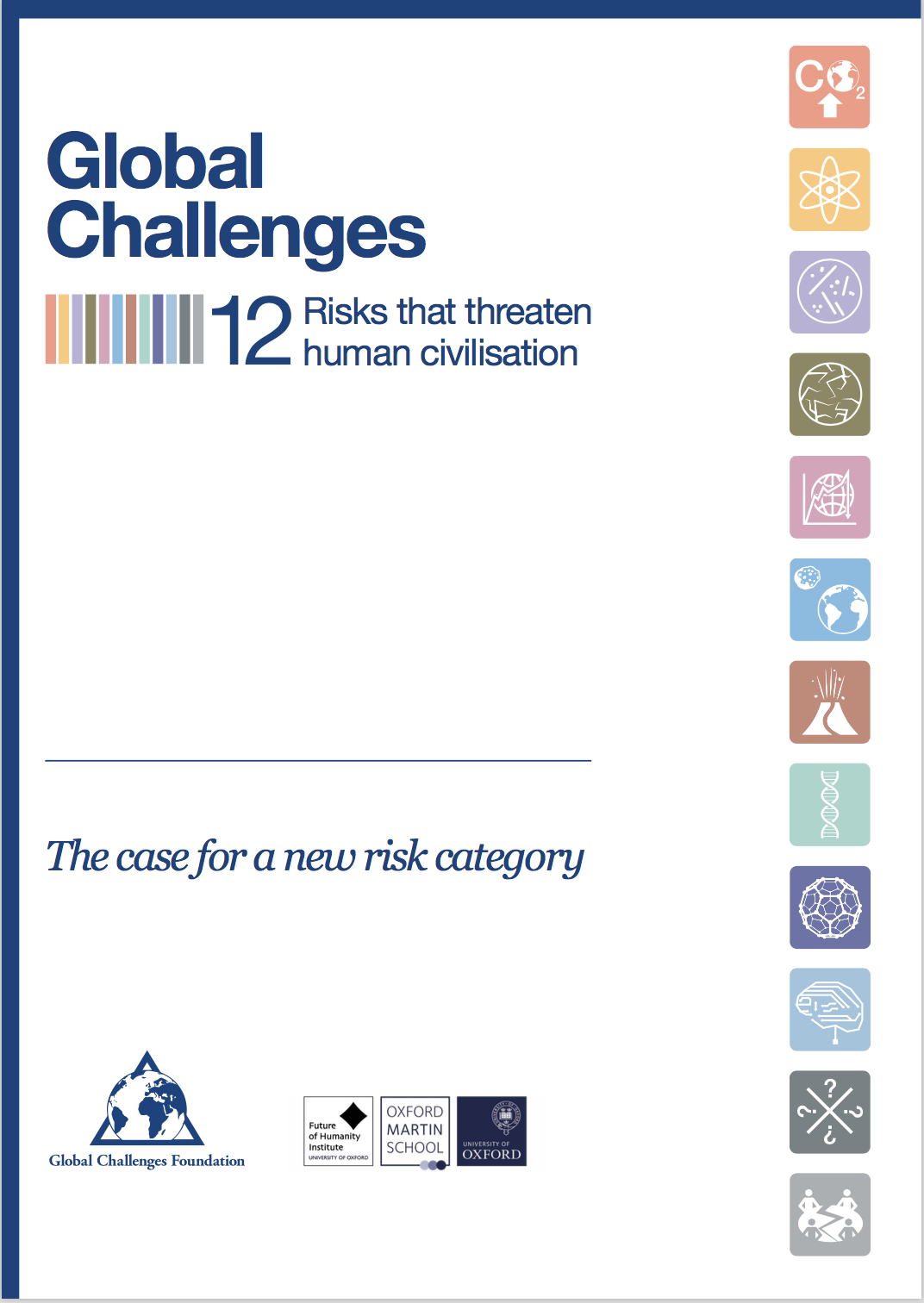Indian Companies in the 21st Century (Report)
/Role: Co-author with Mohmmed Saqib and Rajesh Sehgal
Summary
In a situation where the world requires innovative companies to address
the serious global challenges faced by humanity, including high resource consumption, pollution, population growth, demographic and geopolitical changes, India, with its rapidly changing business environment, may indeed prove to be one of the most important countries on the planet over the next several decades.5
This report shows that there exists significant interest within the Indian business sector in sustainable development and innovative solutions that can be applied to achieve this goal. The approaches utilised in this regard by lead- ers in the Indian corporate sector are well ahead of many of their western counterparts, which are often, and often erroneously, viewed as leaders in the eld of corporate social responsibility (CSR). A number of common denominators exist within the progressive approach of these Indian companies, and these have been collectively referred to by one Indian company as “third generation CSR”.
This third generation CSR is an approach where companies look to ensure that their core businesses deliver sustainable development results. This dif- fers from the rst generation of CSR, that looked at philanthropy as one way of using pro ts, and the second generation that was searching for ways of minimizing the negative impacts of the companies’ operations.
The most important element of the third generation CSR is that it examines the core activities of a company and determines means by which the company can evolve in order to ensure that it contributes to welfare, even if this does not translate into immediate returns. This approach means that environmental and social concerns are the starting point for the business activity, as opposed to being factored in at the end. Rather than compromising on pro t, companies provide information that allows government to proactively change business regulations in order to reward companies which deliver on social and environ- mental objectives, such as reducing the use of natural resources.
































